Human beings are the most precious living creatures on this planet Earth. Whenever any human being departs from this world, it is the basic right of the deceased one to get his farewell with honor. It is human practice since ages that the deceased one is given a funeral in the best way. This practice began with the death of first human being on this planet and it continued in every culture, every religion and every society.


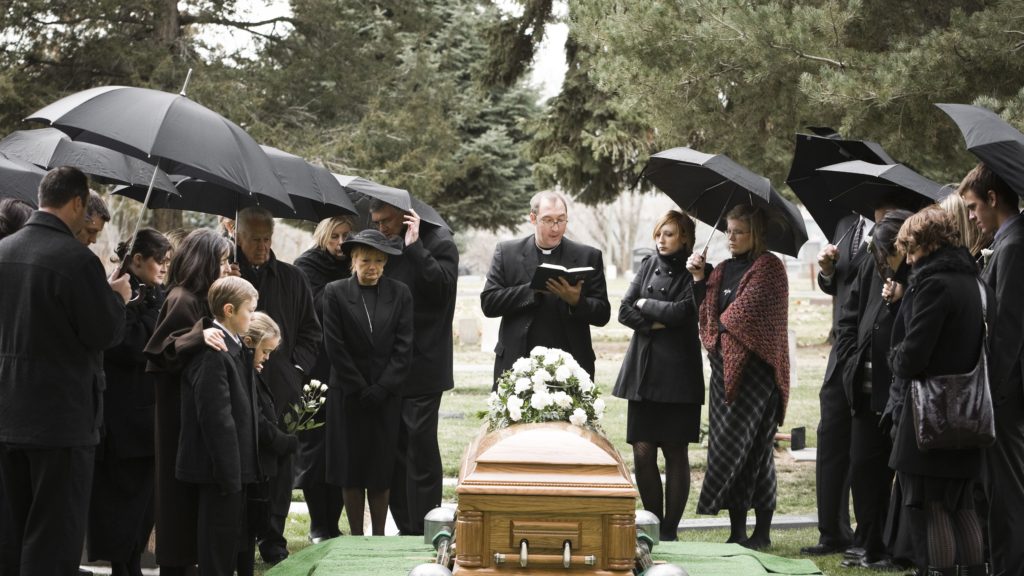
Sometimes, loved ones have to face the painful process of autopsy of the deceased one, in order to find out whether the deceased one has passed away naturally or not. This painful process is conducted in order to provide justice to the deceased one if he does not die natural death.
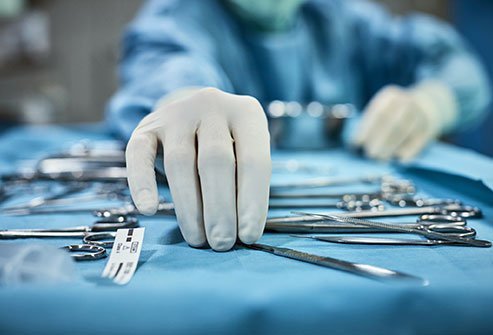
In today’s modern world, where medical science is improving day by day and technology is doing wonders for mankind, it is well expected that autopsy will be replaced by some substitutions which will be less painful for the family members of the deceased one. It is the time to begin our journey in order to find simpler and easier substitutions for autopsy with more accuracy. Lets save our next generations from this pain which we have faced for ages. I am sure our next generations will be saved from witnessing the pain of the autopsy of their loved ones at the time of their final journey.
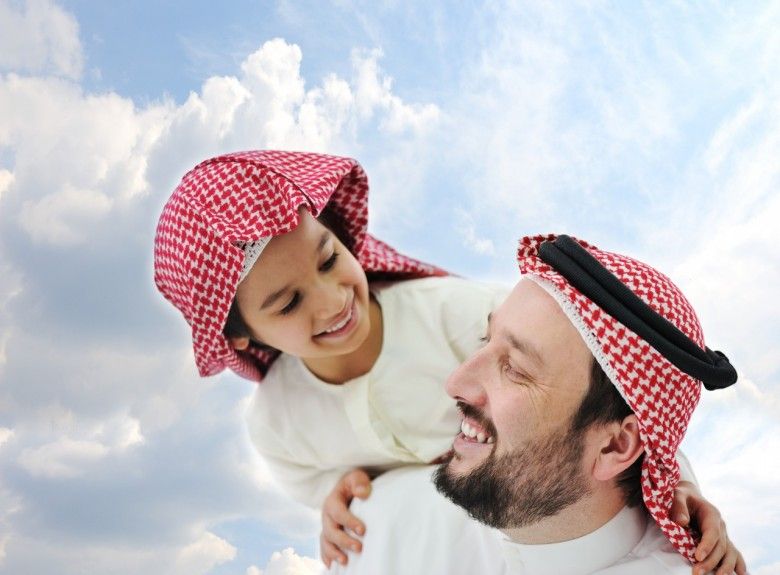
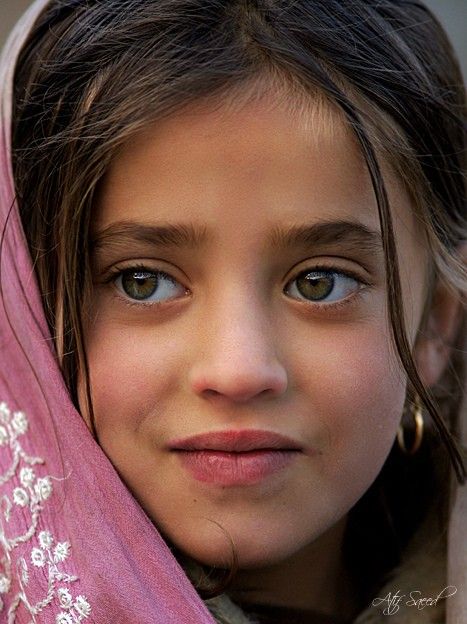

ACCORDING TO THE AUTHOR ALEXANDRA BERGHOFER FROM GERMANY:
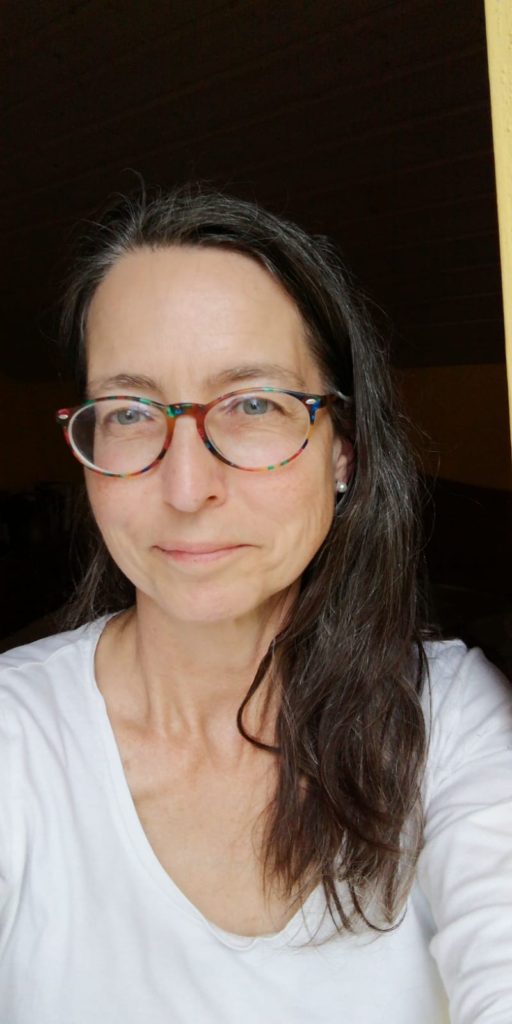
Is an autopsy necessary in our day and age?
If so, always or is it also easier and perhaps more precise?
I asked myself this question after reading an article about the autopsy of patients in hospitals for quality assurance. Do we really need that? I actually thought that we would do an autopsy when the cause of death is not clear or necessary to simplify legal formalities or because a criminal act has been started.
In fact, many autopsies take place in our hospitals because the hospital wants to make sure they haven’t made a medical error.
What is interesting is what is recorded in an autopsy, apart from the causes of death. Height, weight, age, eye color, tattoos, injuries, etc of the deceased is dismantled into all its components, examined and reassembled like a machine for maintenance. The result is then recorded in statistics and serves as working material for future doctors and scientists.
So you could put the whole thing in a simplified way.
But is this knowledge still needed in this form today?
When I read an article about the evolution of viruses in our body in connection with Covid, I was no longer so convinced that we all have to do autopsy or that it might be different in the future. To understand the evolution of the virus in the human population, the genomes of circulating SARS-COV-2 fours in many parts of the world are being sequenced. (www.mediad.at/im-fokus/corona)
After reading this, I tried to find out more about this “genome” identification. In fact, this technology is already used in other areas and we are supported by the European Parliament with a lot of funding. Very good results have been obtained in diagnosing heart disease. There, this technique is more accurate and effective than an autopsy. Many diseases can be read or diagnosed in these genetic components. Every day around the world attempts are made to decode our genetic material, a lot has already been successfully inserted into a worldwide database.
(https://dzhk.de/aktuelles/news/artikel/suchaktion-im-genom-genetik-risikofaktoren-fuer-herz-kreislauf- Krankungen-auf-der-spur/)


An article from October 2016 shows how this technology is also used in the United States for unexplained causes of death. Here, special laboratories are commissioned to determine the cause of death with the genetic material without an autopsy. This article also showed me that we shouldn’t be that far away from teleporting today’s autopsy into a new age in the next few decades.
(https://www.aerzteblatt.de/nachrichten/70901/Ploetzlicher-Herztod-Genomanalyse-uebertrifft-Autopsie)
By 2022, at least one million human genomes are to be sequenced across Europe, stored across countries and made accessible for analysis. That is the goal of the major European project “1 + Million Genomes Initiative” launched in 2019.
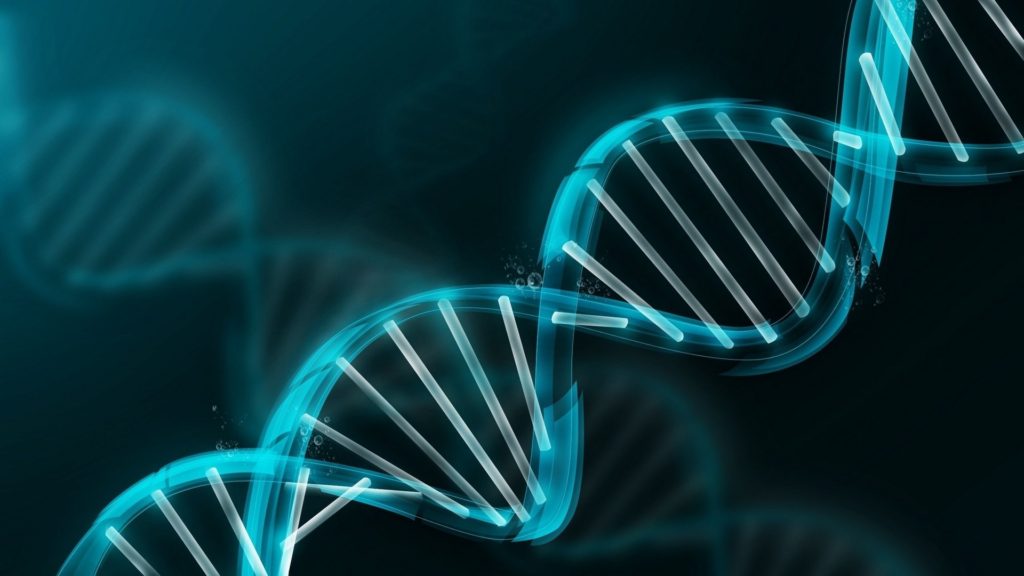
However, this wealth of data is expected to grow in the following years. Currently, 25 European countries have committed to co-operation.
(https://www.aerzteblatt.de/nachrichten/118838/Deutschland-engagiert-sich-in-europaeischer-Genominitiative)
If you imagine this flood of data, you can also imagine what global funding is available in research. If the living human kit is successfully deciphered, then the next step is the deceased and perhaps in the future the gene building block will be enough to recognize why this person has died.
Priority will be given to this technology to improve and optimize our lives, to detect diseases in the early stages. We see the results in different databases around the world. Unfortunately, it is not as clear and easy to understand for us as it is for medicine and science. Every day our medicine is improved and many diseases are better understood. Every deceased is an infinite treasure trove of data for future generations. I hope the technology enables extensive analysis.
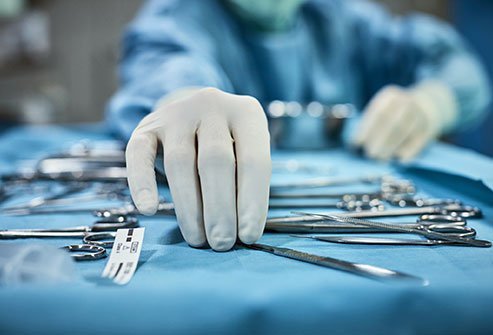
I hope I was able to bring you a little closer to the subject. It’s very interesting, but also very extensive. The attached Internet pages are a good way to get an optimal and more precise picture, as I am not a scientist. I love technology and science, but I haven’t studied it.


Thank you for your attention.
Alexandra Berghofer
Note: we are thankful to the following for our research work.
https://www.aerzteblatt.de/nachrichten/70901/Ploetzlicher-Herztod-Genomanalyse-uebertrifft-Autopsie
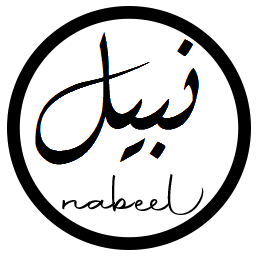
Really great work. This article brought tears, hope and smile on my face at the same time… Heart touching words my Nabeel Rashid and great research by Alexandra Berghofer….
Thank you so much. Your personal comment are the reason to do all this article. It is our motivation to continue. 🍀🤝🍀
Thanks Alexandra Berghofer for bringing this knowledge to us… Thaaanks from the bottom of my heart…
Zarmina it was a pleasure to start this article. This field is so amazing and big. I falled at love with this science. I hope I could make you curious. 🍀🤝🍀
Nice initiative Nabeel Rashid… Specially in a country like Pakistan.
Very well explained knowledge Madam Alexandra… You truly deserve a gold medal for this effort.
Thank you for this nice compliment. the science deserves it. So many unspoken thematics are waiting. The world is waiting to know what is possible these days. We are to much captured at old roots. Let us look forward 🍀🤝🍀
Great piece of knowledge and awareness Alexandra Berghofer. You came after a long time but with a great research. Keep it up!
BUhaaat khub… Maza agyaaa…keep it up!
Shukriyaa
Nice work!
Thanks Zaryaab
Nice article. Nice service for humanity….
Thanks Sami Khan for understanding the depth of the article
Buhat he khubsurat article likha hai aapne… Inssaniyat ki khidmat ka shukriyaaa
Apko hamari kavish pasand ai. Uska shukriyaa
Thanks prof Alexandra and Nabeel Rashid for sharing such a great information with us this article is so informative …keep it up!
Thanks Zubair. I am glad that you liked it
Thanks Alexandra
Autopsies are performed either for legal or medical reasons. For example, a criminal autopsy may be performed when the death occurs due to a criminal, while a clinical or academic autopsy is performed to find out the medical causes of death, and an autopsy is also performed in cases of death of unknown cause, or for research and education purposes. Autopsies can be classified into cases in which the external examination is satisfied, to cases that require an autopsy and internal examinations. Usually, the autopsy is done with the consent of relatives. After performing the internal autopsy, the body is reshaped by stitching it again
I agree with you, here they are necessary. New technologies make it possible to precisely determine the causes of death and that is what I wanted to emphasize. Perhaps one day it will be possible to scan the body and decipher the secret of death. Until then we have to consider all possibilities. Thank you for your frank words.🍀🤝🍀
Nice work! great initiative… heads off to Alexandra and Nabeel Rashid
Alexandra , Such a great research! thanks for sharing… keep writing.. i regularly read your articles.. in fact, i have read all 4 of them
Regards
Thank you so much for your warm words. I’m really happy to have the opportunity to write here. I will keep on. If you have an idea tell me I will research. Have a great time 🍀🤝🍀
Marvellous , your articles are really amazing .l (Adeel Ahmed ) is your regular reader.keep it up.InshaAllah in future you will be great researcher.
Ameen Adeel bhai, need your prayers
Your article is excellent. Thank you for informing me about such knowledge and subject matter.
I liked it very much, please continue
Thanks Raziah, Your presence in our team is always encouraging.
Great research !
Very interesting and difficult topic Nabeel, its such a terrible time for the family who doesn’t want it for their loved ones but sometimes there is no choice other than this😢
Thanks Erum, i hope this practice gets replaced by the technology and our next generation will not face the terrible pain which our generation has faced for so many decades through out the world.
Great work !